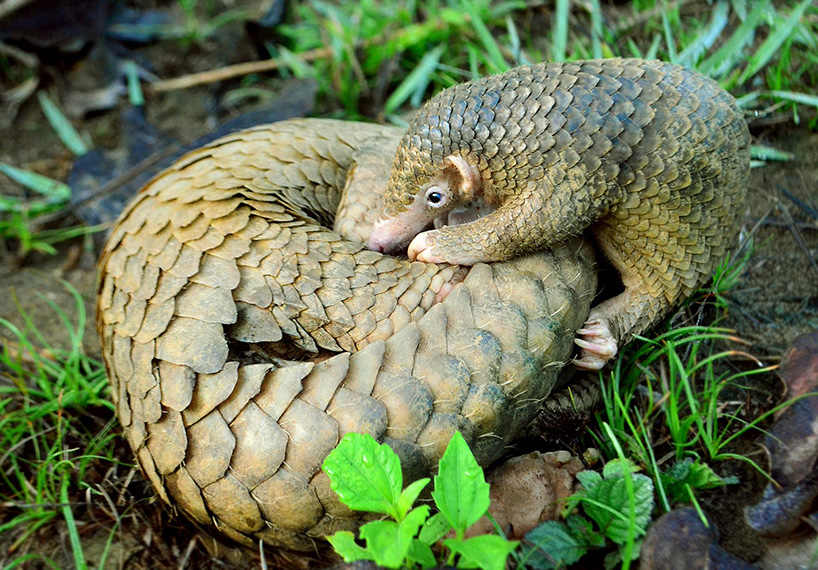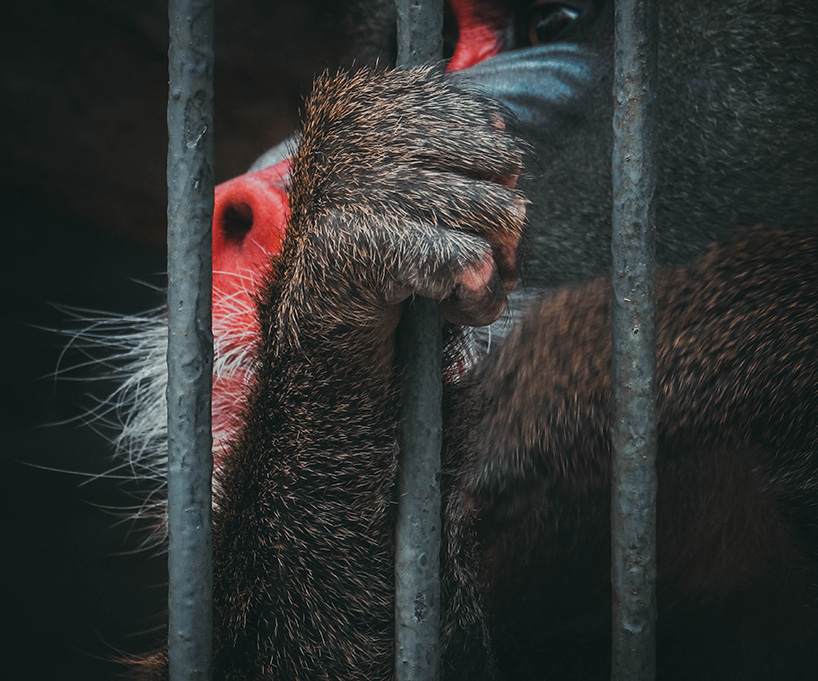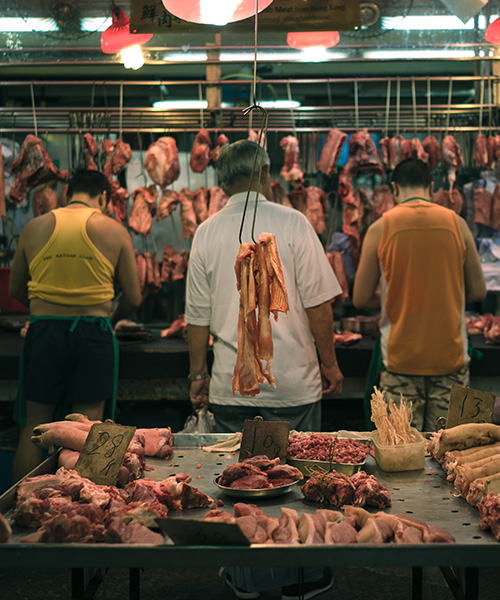COVID-19 is one of the innumerable emerging infectious diseases that originate from animals. called zoonotic diseases, they account about 75% of emerging infectious illnesses. human behavior, like habitat destruction and international wildlife trade, is usually the cause of the spread of these diseases to humans. up to today, this is what we know happened with the novel coronavirus in the chinese city of wuhan, a hub in lucrative trade in wildlife both legal and illegal.

pangolins — the most-trafficked animal on the planet
image by shukran888 / CC BY-SA
commonly found in bats, the COVID-19 is part of the coronaviruses family. experts suspect that it passed to humans through pangolins — the most-trafficked animal on the planet — in the wuhan market where wild-caught animals, farm-raised wild species and livestock frequently coexist in unsanitary conditions. the pandemic has forced china to create a ban on eating and trading wildlife that could become a law within the next three months.

the ban first appeared in late january as COVID-19 cases started surging in wuhan, even if this origin has been questioned lately. this is something conservationists have been working on trying to end the wildlife trade. at first it was intended to lower the decline of threatened species, but after all that’s been happening, it is evident that it would also aid humans.
similar bans have faded away in the past but the world conservation society (WCS) says that talks with partners in china leads them to believe the country will pass the law within a few months. ‘if it’s not into the law it won’t be permanent. if it is into the law, it will be further force for enforcement and provide a legal foundation for government to further educate people and alert people to change their behavior,’ says aili kang from the WCS.









